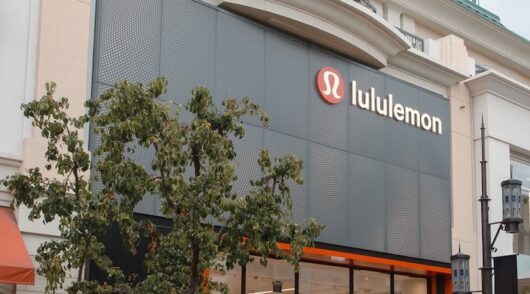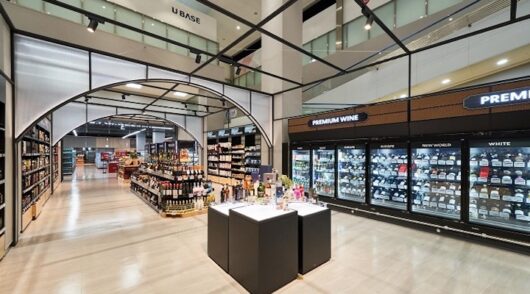So why is Alibaba, China’s largest online retail enterprise, investing $4.6 billion to buy a cornerstone stake in a bricks & mortar retail business?
Alibaba Group’s commitment to take a nearly 20 per cent stake in Suning, one of China’s largest consumer electronics chains, underscores how serious the eCommerce giant is about working with traditional offline retailers line to develop the country’s “on-demand economy.”
The on-demand economy, also known as O2O e-commerce, is geared to deliver greater convenience to consumers – and more sales opportunities to retailers and service providers – by marrying mobile Internet technology with traditional brick-and-mortar stores.
While in the past online and offline retailers tended to be mortal enemies, in China the rapid growth of eCommerce and mobile shopping is encouraging tie-ups like the Alibaba-Suning deal as Internet companies teamed with old-school retailers try to leverage each others’ strengths to introduce new, mobile-tech-enabled products and services.
Not content to just run online shopping marketplaces, Alibaba is building an eCommerce ecosystem to enable and support an expanding range of commercial activities. The goal is to make the Internet part of the Chinese consumer’s everyday shopping experience: mobile apps like Alipay and Mobile Taobao let users pay electronically in physical shops, order movie tickets and take-out noodles, book transportation, and buy merchandise online but pick their orders up at brick-and-mortar outlets so they don’t have to wait for delivery, among other local services.
Alibaba Group executive chairman Jack Ma said the Suning collaboration “brings forth a new commerce model that fully integrates online and offline”.
The deal looks to provide an immediate boost to Alibaba. Suning, which in recent years has invested heavily in online retailing, will open a flagship store on Alibaba’s Tmall.com, strengthening the B2C shopping website’s offerings in the important consumer electronics and home appliance categories.
In addition, Suning will become a partner of Alibaba’s logistics affiliate, Cainiao, helping Alibaba extend the reach of its eCommerce marketplaces by improving the delivery of electronics and appliances to China’s populous smaller cities and rural areas.
Suning’s nationwide logistics network covers over 90 per cent of China’s counties.
“With Cainiao’s intelligent delivery solutions and Suning’s mature and well-developed distribution network, Tmall customers can expect receiving their orders as fast as in two hours,” the companies said in the release.
Fast Facts about Alibaba Group and Suning:
- Suning operates more than 1600 stores in 289 Chinese cities.
- Alibaba’s investment would make the eCommerce company the second-largest shareholder in Suning.
- Suning and Cainiao will explore logistics services covering almost all of the 2800 counties in China for Tmall’s home appliances merchants.
- Suning’s nationwide logistics network includes eight national distribution centers, 57 regional distribution centers, 353 city forwarding centers and over 1700 “last-mile” delivery stations.
- Suning also operates more than 3000 after-sales service locations and over 5000 affiliate service providers in 320 cities including tier 4 and tier 5 cities across China. Suning’s retail stores are expected to offer after-sales maintenance and repair services to Tmall consumers.
- To develop its delivery networks and O2O commerce, Alibaba previously invested in department store chain Intime Retail Group and leading electronics and white-goods manufacturer Haier.
- Jim Erickson writes for Alizila.com, an independent website (funded by Alibaba) which analyses and tracks the Alibaba Group’s business news.






